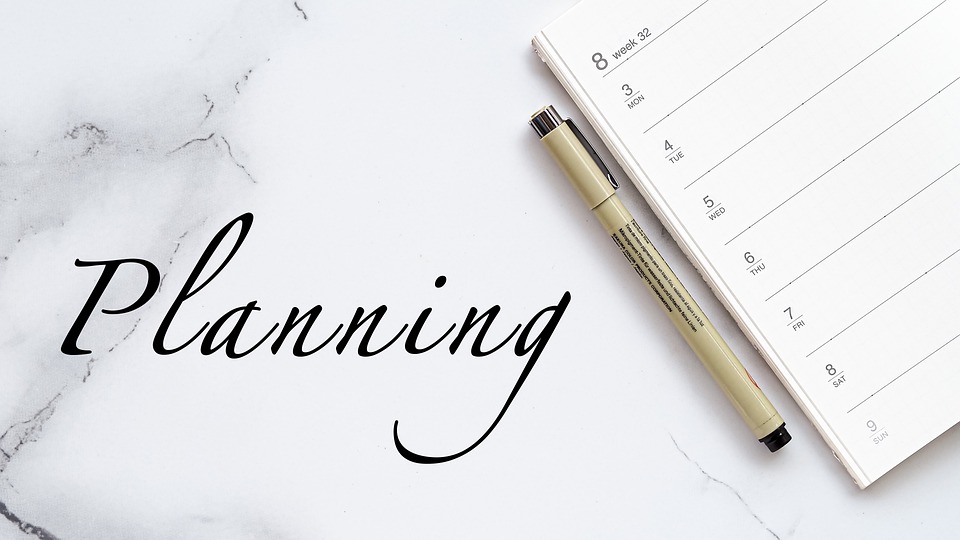Social media has become an integral part of our daily lives, with billions of people using platforms like Facebook, Instagram, Twitter, and Snapchat to connect with friends, share photos and updates, and stay informed about the world around them. While social media can have many benefits, such as facilitating communication and networking, it also has a darker side that is increasingly coming to light: its impact on mental health.
The Rise of Social Media
In recent years, social media has exploded in popularity, with people spending hours each day scrolling through their feeds, liking photos, and commenting on posts. According to a report by We Are Social, there are more than 3.8 billion social media users worldwide, representing nearly half of the global population. This unprecedented level of connectivity has transformed the way we interact with one another and how we perceive ourselves.
The Negative Effects of Social Media on Mental Health
1. Comparison and Envy
One of the most significant issues with social media is the tendency for users to compare themselves to others. People often post carefully curated images and updates that portray an idealized version of their lives, leading others to feel inadequate or envious. This constant comparison can result in feelings of low self-esteem, depression, and anxiety.
- Research has shown that individuals who spend more time on social media are more likely to experience feelings of loneliness and isolation.
- A study published in the Journal of Social and Clinical Psychology found a direct link between social media use and increased feelings of depression and loneliness.
2. Cyberbullying
Cyberbullying is a serious issue that can have devastating effects on a person’s mental health. Social media provides bullies with a platform to harass, intimidate, and humiliate their victims, often with little to no consequences. This type of online abuse can lead to feelings of helplessness, shame, and even suicidal thoughts.
- According to a study by the National Institutes of Health, victims of cyberbullying are more likely to experience anxiety, depression, and other mental health issues.
- In extreme cases, cyberbullying has been linked to suicides among young people who felt overwhelmed by the relentless harassment they faced online.
3. Addiction and FOMO
Social media is designed to be addictive, with features like notifications, likes, and comments triggering the release of dopamine in the brain. This dopamine rush can lead to compulsive behaviors, where users feel the need to constantly check their feeds for updates or new content. This fear of missing out (FOMO) can interfere with sleep, productivity, and overall well-being.
- A study published in the Journal of Social and Clinical Psychology found that limiting social media use to 30 minutes per day significantly reduced feelings of depression and loneliness in participants.
- Research from the University of Pennsylvania revealed that taking a break from social media for just a week can lead to significant improvements in mental health and well-being.
Strategies for Managing Social Media Use
While the negative effects of social media on mental health are well-documented, there are steps individuals can take to mitigate these risks and promote a healthier relationship with technology. Here are some strategies for managing social media use:
- Set limits on screen time: Establish boundaries for how much time you spend on social media each day and stick to them.
- Curate your feed: Unfollow accounts that make you feel bad about yourself and follow those that inspire and uplift you.
- Take breaks: Regularly disconnect from social media to focus on real-world interactions and activities.
- Seek support: If you are struggling with your mental health due to social media, don’t be afraid to reach out to a therapist or counselor for help.
Conclusion
Social media has revolutionized the way we communicate and connect with one another, but it also comes with significant risks to our mental health. From comparison and envy to cyberbullying and addiction, the negative effects of social media are pervasive and can have lasting consequences. By being mindful of our social media use, setting boundaries, and seeking support when needed, we can protect our mental well-being in an increasingly digital world.
Remember, it’s important to prioritize your mental health and well-being above all else, even in the midst of a social media frenzy.
